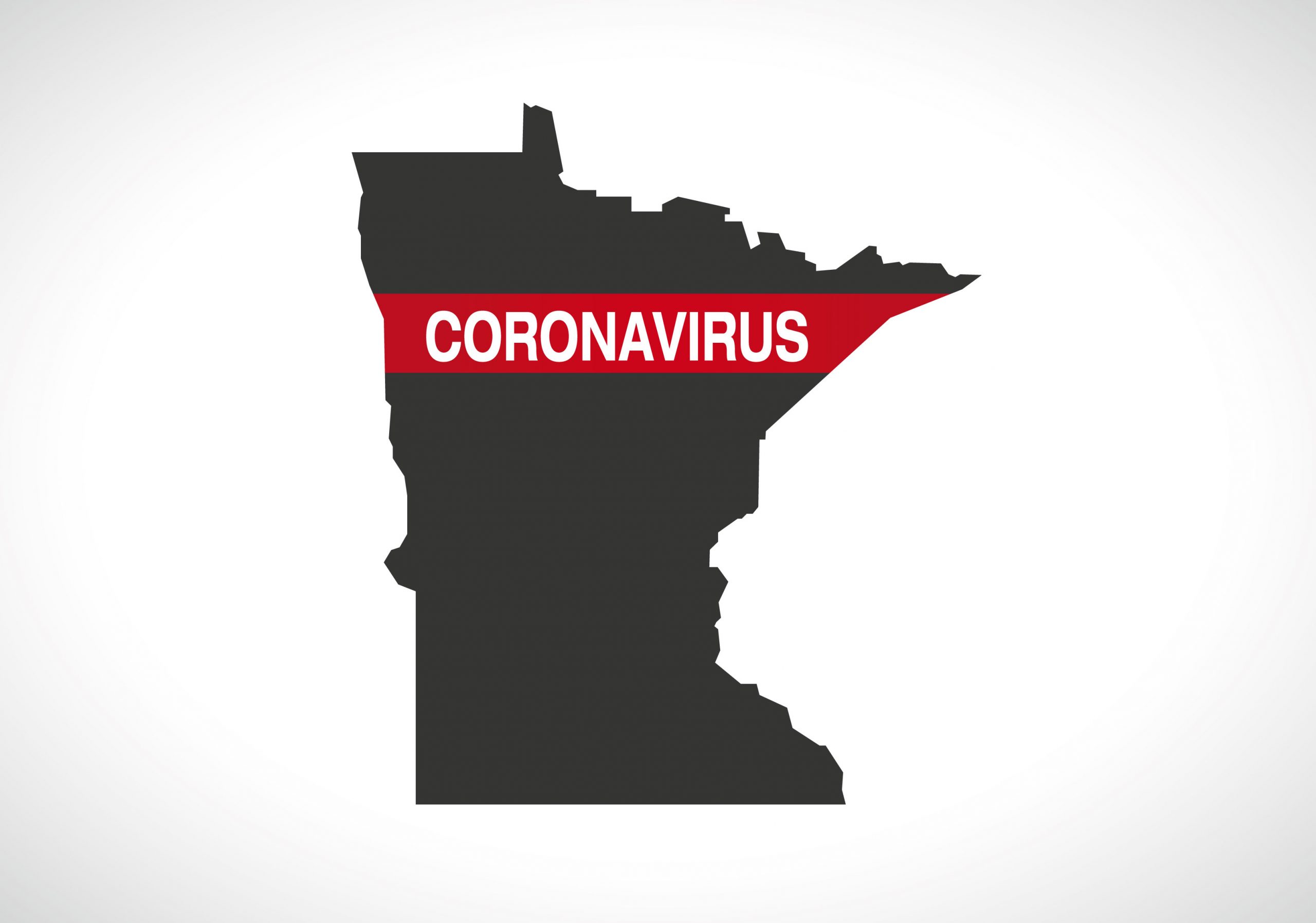As we are all well aware by now, Governor Tim Walz issued Emergency Executive Order 20-20 on March 25, 2020, and that order has just been supplanted, as of April 8, 11:59 P.M., by Emergency Executive Order 20-33. Order 20-33 adds a few exceptions to the stay-at-home rule stated in Order 20-20, and more may be coming—but “stay at home” remains the new normal until May 4. In the wake of these orders, much has been written about what businesses are deemed “essential” and part of a “critical sector” under these Orders, what those businesses may do while the Orders are in place, and what non-“critical sector” or “non-essential” businesses can do to prevent laying off employees and continue providing services while the Orders are in place. H&J has published several articles addressing these matters and more, and readers should read these great resources.
In addition to these important topics, clients and even just curious minds emailing and calling our firm have posed a different, more provocative question: can the governor really do this? What about businesses that lose substantial money and their laid-off employees? Disclaimer: Before going even a bit further, I want to emphasize that nothing in this article is intended to give a business the impression that it’s a good idea or advisable to violate the Order. Doing so could subject you to criminal and civil penalties. However, even if the governor has the power to issue a peacetime emergency to essentially shut down a vast swath of business, and many people’s livelihoods, whether he can do so without providing just compensation to the economically injured is a legitimate constitutional question.
Some businesses in Pennsylvania are challenging the governor’s failure to provide just compensation for what they see as a “seizure” under the Takings Clause of the Fifth Amendment to the United States Constitution, which provides, in relevant part here, “nor shall private property be taken for public use, without just compensation.” In Schulmerich Bells, LLC v. Wolf, No. 20-CV-1637, a federal court action in the Eastern District of Pennsylvania, several businesses and their laid-off employees filed a class action lawsuit that demands that Pennsylvania pay just compensation for the losses incurred by those businesses and employees because the governor’s order qualifies as a “regulatory taking.” Schulmerich Bells, LLC is the oldest manufacturer of orchestral quality musical handbells and handchimes in the United States. Its employees, Frank Carbalo and Wendy Helverson, were laid off because Schulmerich essentially couldn’t do business in its busy season.
The Schulmerich plaintiffs do not argue that the governor doesn’t have the power to do what he did; rather, their plea is that they shouldn’t have to bear the full economic burden of the governor’s order in favor of those “essential” businesses. They lean on the U.S. Supreme Court’s description of the Takings Clause from Armstrong v. United States from 1960: the Takings Clause prevents the government “from forcing some people alone to bear public burdens which, in all fairness and justice, should be borne by the public as a whole.” 364 U.S. 40, 49 (1960). The plaintiffs claim that, due to the stay-at-home order, they have been deprived of “all economically beneficial uses” of their property, which means that the government has “taken” their property. To the businesses, that means they can’t use the materials they ordered to fulfill orders, and for the employees, that means they can’t work for their paycheck, and they have no idea when unemployment might become available or whether it will be sufficient to cover their losses.
Whether these businesses and employees prevail remains to be seen and is hard to predict. Governor Walz has yet to face a challenge like this, but with the number of businesses shut down and without revenue, and with employees filing record numbers of unemployment claims in Minnesota, one can only think that such an action is soon to be brought in the federal District of Minnesota. In the meantime, absent a deal from the Legislature to address these types of disastrous economic injuries, look to my colleagues’ excellent guidance on how to obtain forgivable small business loans for payroll from both the federal and state government, and contact us if you need help.

